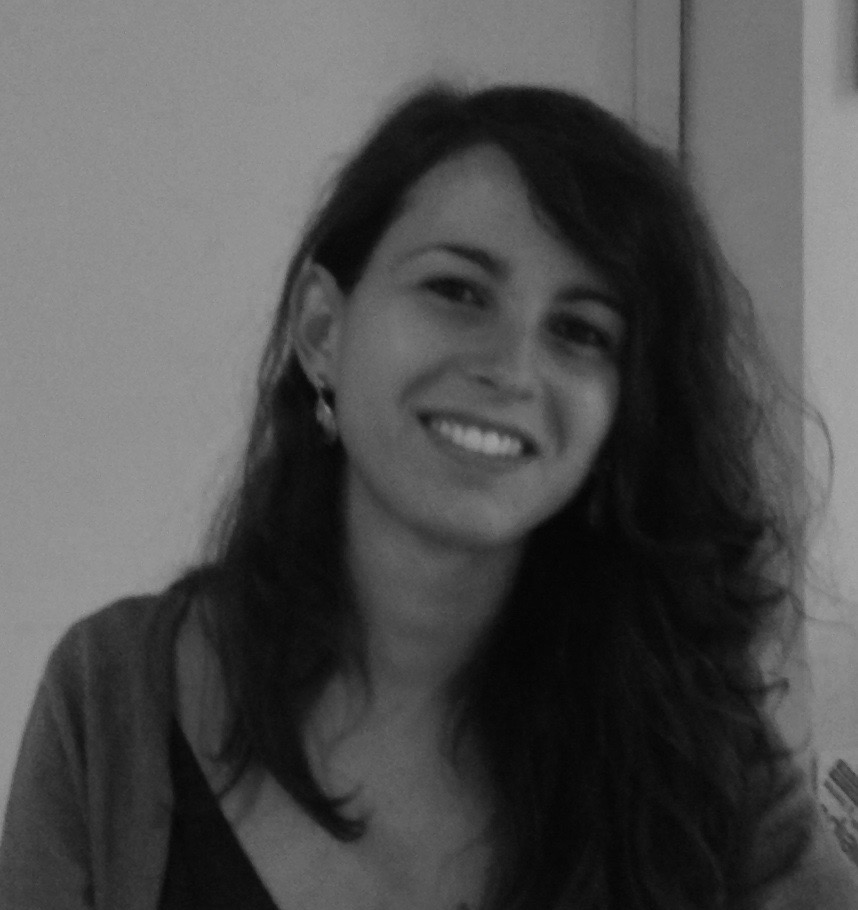Many universities and research institutes throughout Italy and Europe have distinguished themselves in recent years by exploring themes related to the circular economy and sustainability. This work often transcends traditional teaching methods, focusing on online courses that are available to everyone, new forms of communication such as podcasts, and even projects financed by the European Union. Here are some of the pioneering universities and their upcoming initiatives.
Circularity training
The global shutdown caused by Covid-19, concerns over climate change, and climate strikes have led to a definite increase in demand for training related to the circular economy and sustainability. The positive trend was highlighted by EIT Raw Materials, whose online course Circular Economy: Sustainable Materials Management had more than 13,000 participants in June 2020, three times as many as in previous months.
In fact, over the past few years, many universities have endeavoured to offer training that is centred on circularity and explores all its aspects: from design to technologies, from materials to the circular economy for food. Online and in-person curricula on these themes have seen a significant increase over a short time period. The University of Exeter in the UK, Delft University of Technology in the Netherlands, and the International Institute for Industrial Environmental Economics (IIIEE) at Lund University in Sweden are prime examples of pioneering universities that stand out for having put the circular economy and sustainable development front and centre in their programmes.

Gastronomical Sciences University in Pollenzo
Exeter: a holistic study of the circular economy
Back in 2018, the University of Exeter launched the Exeter Centre for Circular Economy (ECCE). Amongst its other activities, the ECCE offers six-week-long online masterclass courses three times a year. These are designed to introduce organisations and individuals to the circular economy and its economic benefits. The autumn masterclass is scheduled to begin on 6th October (http://business-school.exeter.ac.uk/research/centres/circular/newsandevents/events/). The University of Exeter also helped bring to life the International Society for the Circular Economy (IS4CE), which was founded in the summer of 2020. The Society’s goal is to scientifically and holistically study circularity and its effects on the relationships between people, resources, economy, and companies. The IS4CE chose Walter Stahel - one of the founding fathers of the circular economy and author of “The Circular Economy: a User’s Guide” - to be its honorary president. The organisation has also promoted the launch of a new scientific journal, the Circular Economy and Sustainability Journal (https://www.is4ce.org/en/about_is4ce/ces), whose contents will be freely available to everyone throughout the whole of 2020 and 2021.
Delft: researching urban resource management
One of the other IS4CE partners is TU Delft, the oldest and largest Dutch technology university. In addition to launching a series of courses on the circular economy, the institution has for several years been involved in research and innovation activities. These focus in particular on materials, circularity in the construction sector, the recovery of demolition waste, processes and technology for packaging recycling, and more. TU Delft’s recent activity in the sector includes the Horizon 2020 REPAiR project (Resource Management in Peri-Urban Areas). The programme’s main goal is to offer local and regional authorities an innovative, transdisciplinary, open-source geodesign decision support environment (GDSE). This framework was developed and implemented in living labs in six different European metropolitan areas (Amsterdam, Gent, Hamburg, Lods, Naples, and Pécs).

Lund, IIIEE
Lund: sustainable cities and a podcast for the circular transition
The International Institute for Industrial Environmental Economics (IIIEE) at the University of Lund in Sweden has developed five Massive Open Online Courses (MOOCs) since 2015. These are part of the Greening the Economy series and have focused on sustainable cities, innovation, and the sharing economy. The IIIEE also organises the City Futures Summit (https://www.cityfutures.se), which will take place online on 8th October. This free event was created with the goal of bringing together governments, companies, and other organisations to brainstorm sustainable living solutions. Researchers at the IIIEE also developed and host Advancing Sustainable Solutions, a monthly podcast where they discuss research, ongoing projects, and current affairs related to the transition to a low-carbon economy.
Italy: Master’s degrees in bioeconomy and design for food
Several Italian universities have joined forces to offer a Master’s degree titled Bioeconomy in the Circular Economy (BIOCIRCE). The course is offered jointly by Federico II University in Naples, Turin University, and Alma Mater Studiorumm at Bologna University, in collaboration with Fondazione Parco Tecnologico Padano (PTP-Science Park), Intesa Sanpaolo S.p.A., Novamont S.p.A., GFBiochemicals Italy S.p.A., Cluster Spring, and CLuster Agrifood Nazionale (CLAN). The Master’s course aims to train professionals with expertise in the responsible and sustainable use of biological resources and biotechnological processes.
Among the most prominent new educational initiatives being launched in the coming months, there is a Master’s in Design for Food - Innovation Circularity Culture. The course - which will start for the first time in January 2021 - is the result of a collaboration between Milan Polytechnic and the Gastronomical Sciences University in Pollenzo. The Master’s aims to train professionals to enter the food sector with a fully integrated experimental and design-focused approach. Special focus will be placed on sustainability and its different environmental and social forms. Finally, the 2021 edition of the “Circular Re-Thinking” Winter School - organised by Progetto Manifattura in Rovereto - is also generating attention, with registration set to open in November. The training course is aimed at CSM managers, experts in sustainability, and company staff who are interested in learning about the circular transition.



